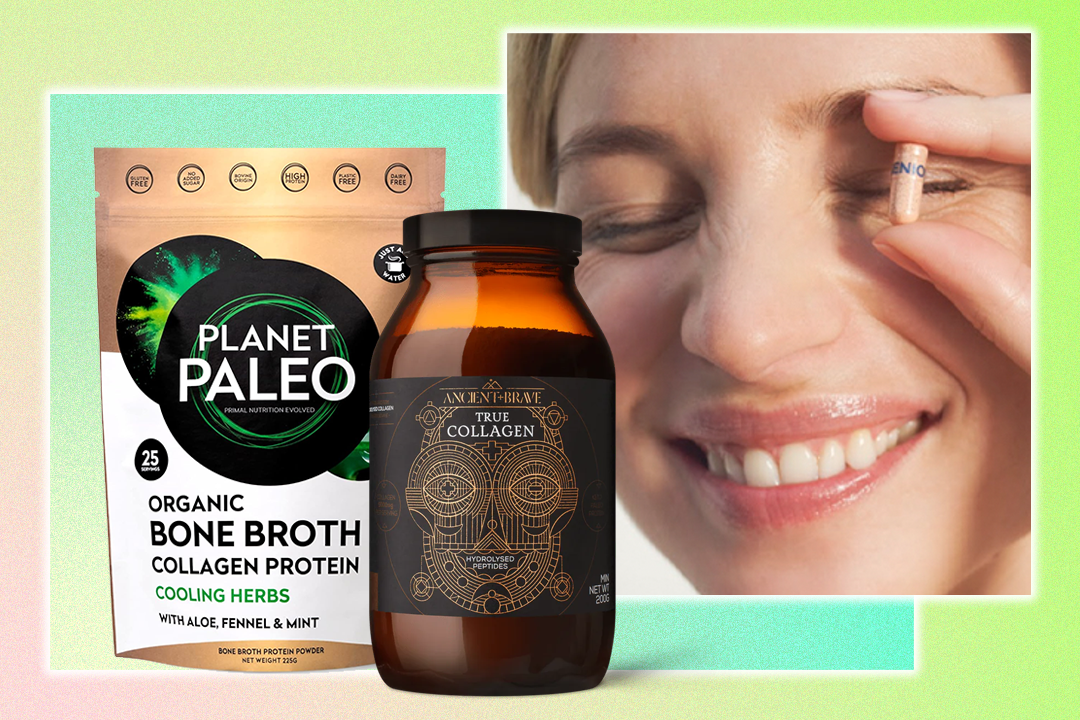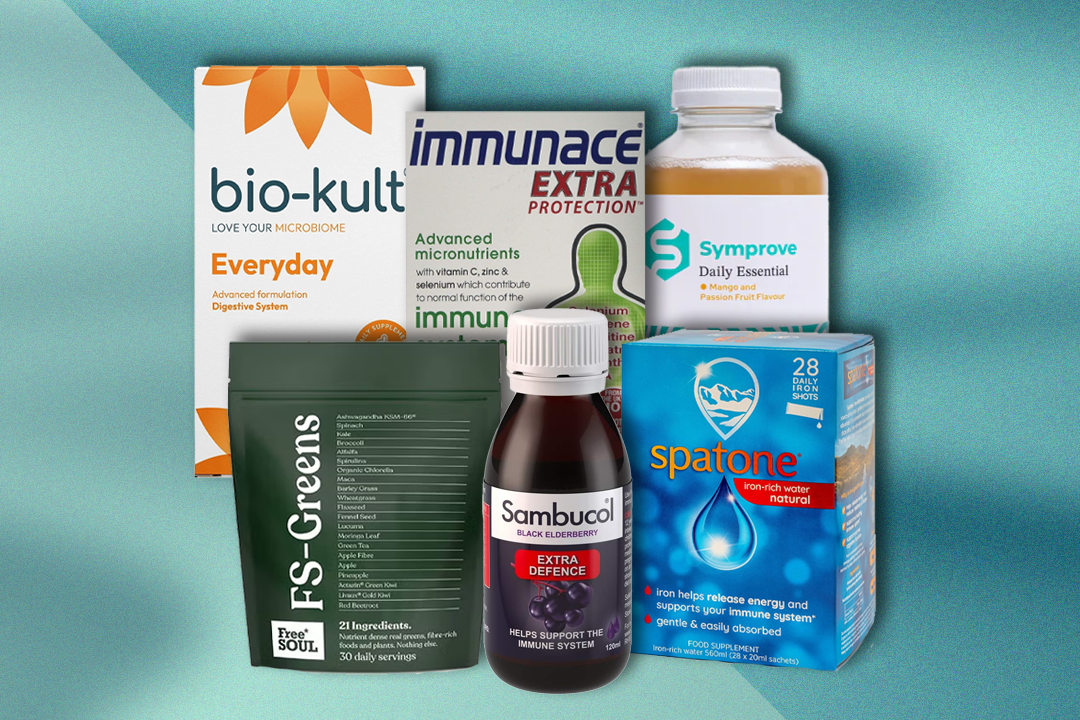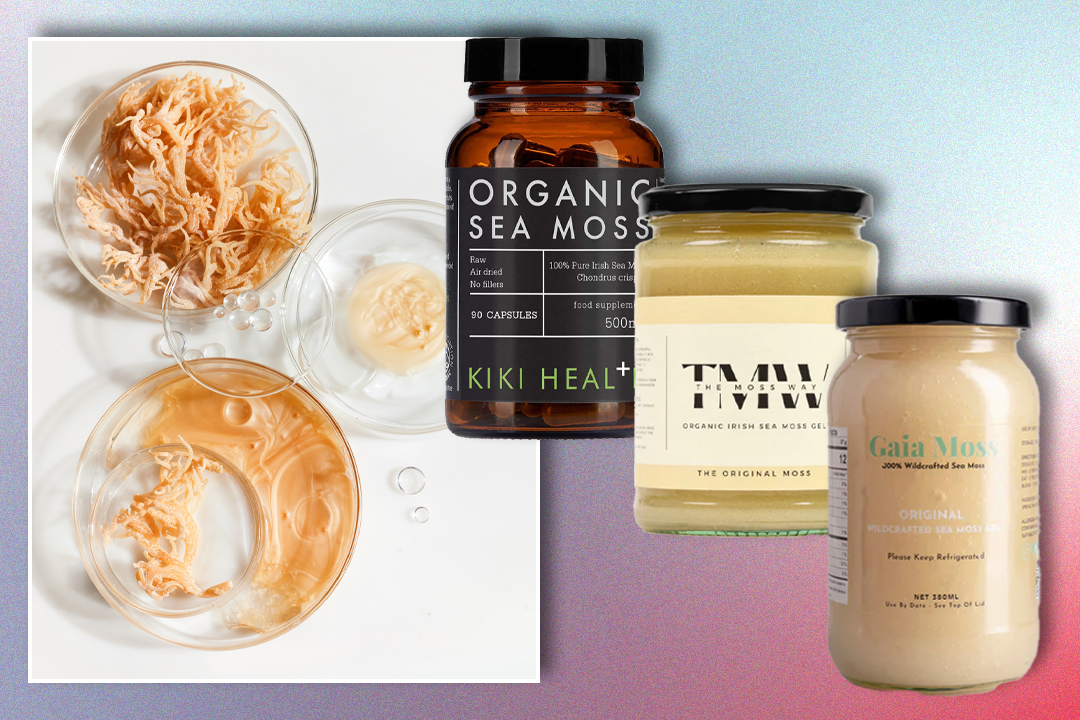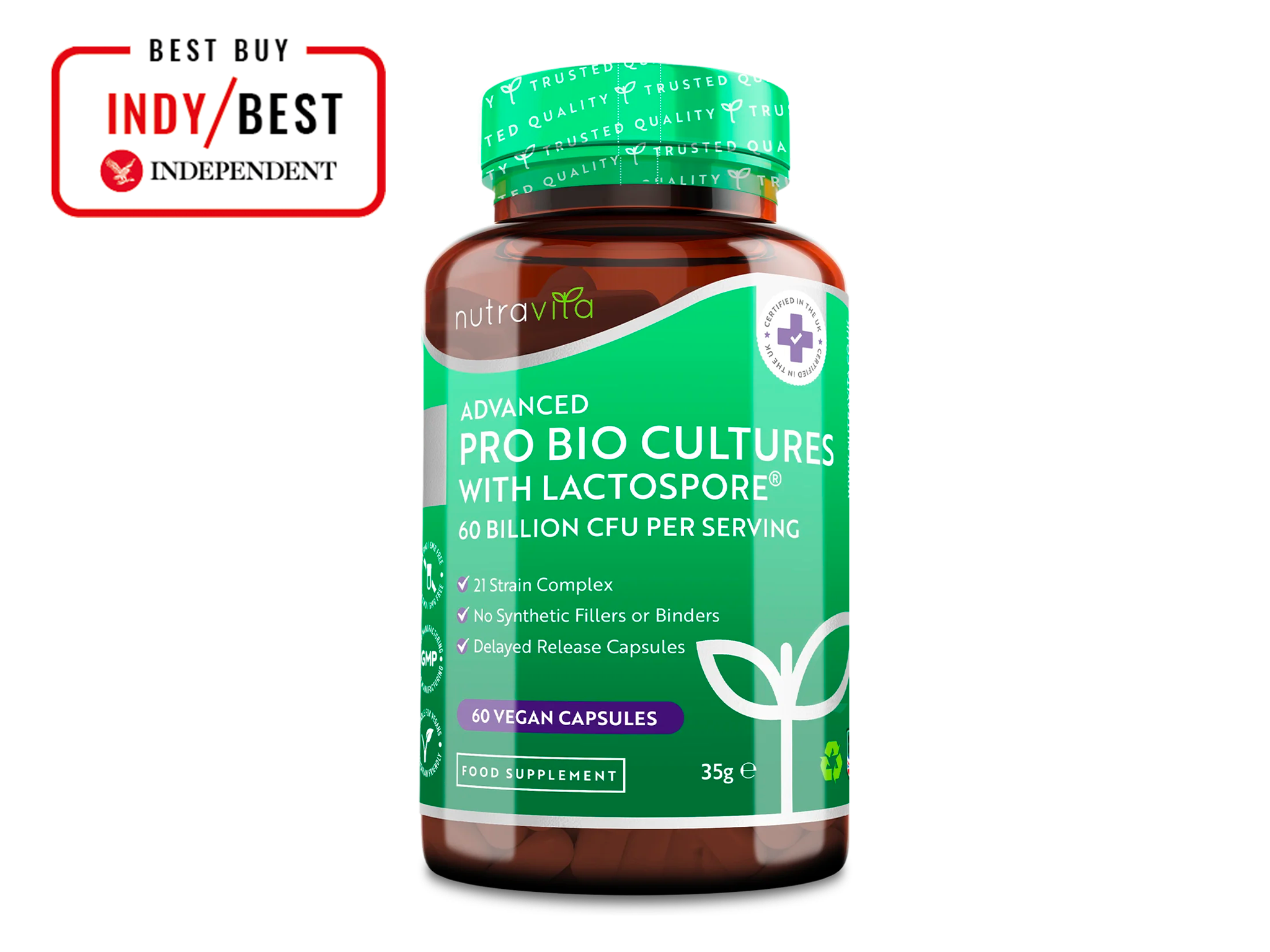
The Independent's journalism is supported by our readers. When you purchase through links on our site, we may earn commission. Why trust us?
15 best probiotics to help improve gut health
Maintain good bacteria, boost your immune system and reduce bloating with these options
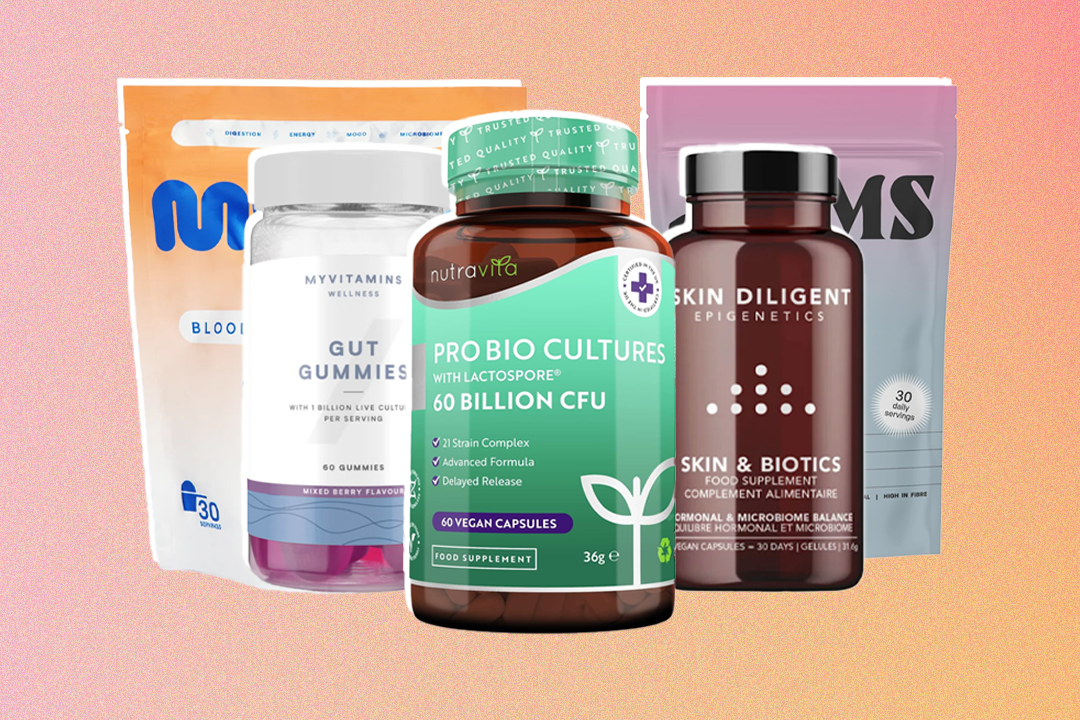
 Best probiotic supplement overallNutravita 60 billion CFU pro bio cultures complex, 60 capsulesRead review£18
Best probiotic supplement overallNutravita 60 billion CFU pro bio cultures complex, 60 capsulesRead review£18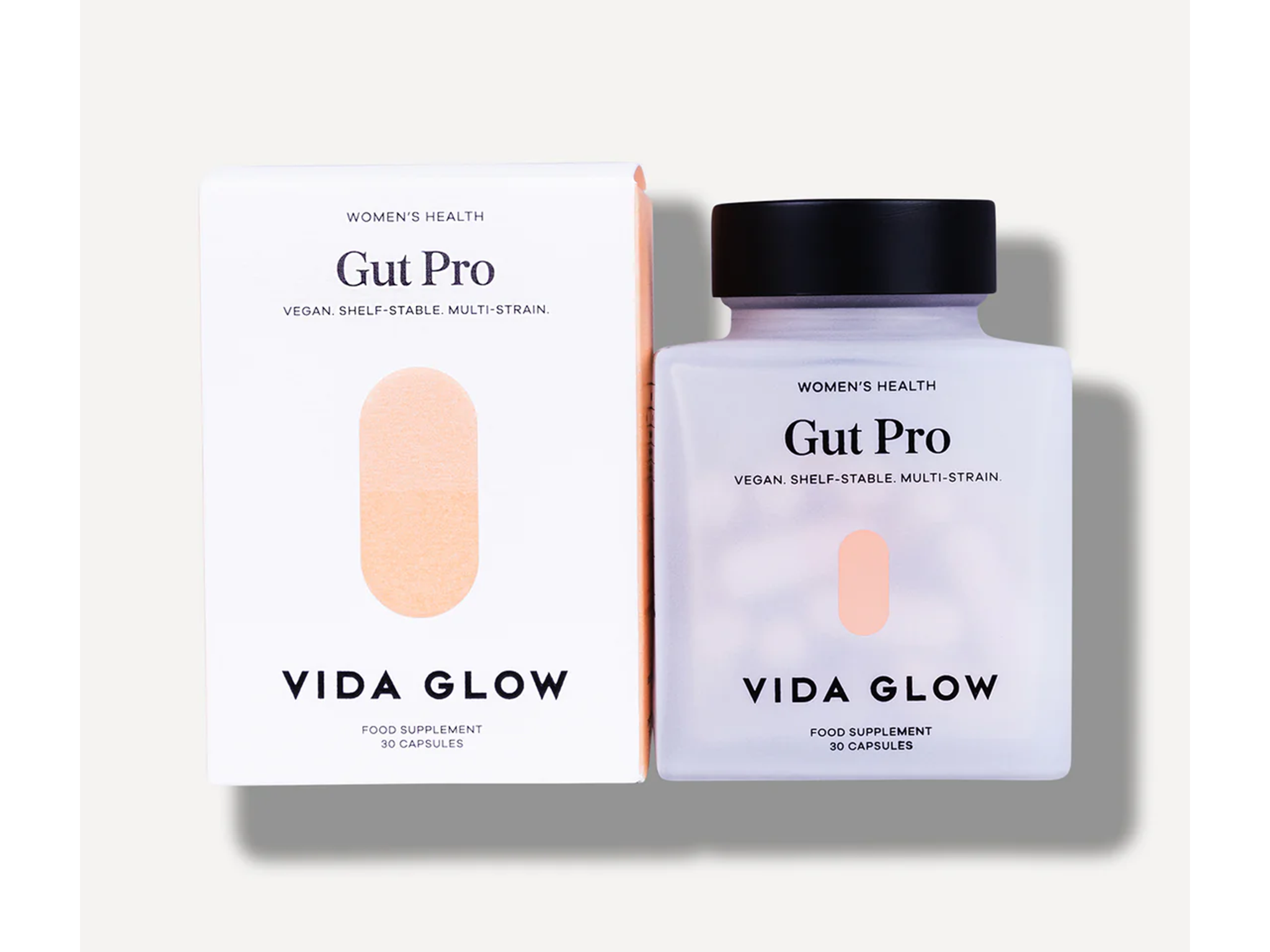
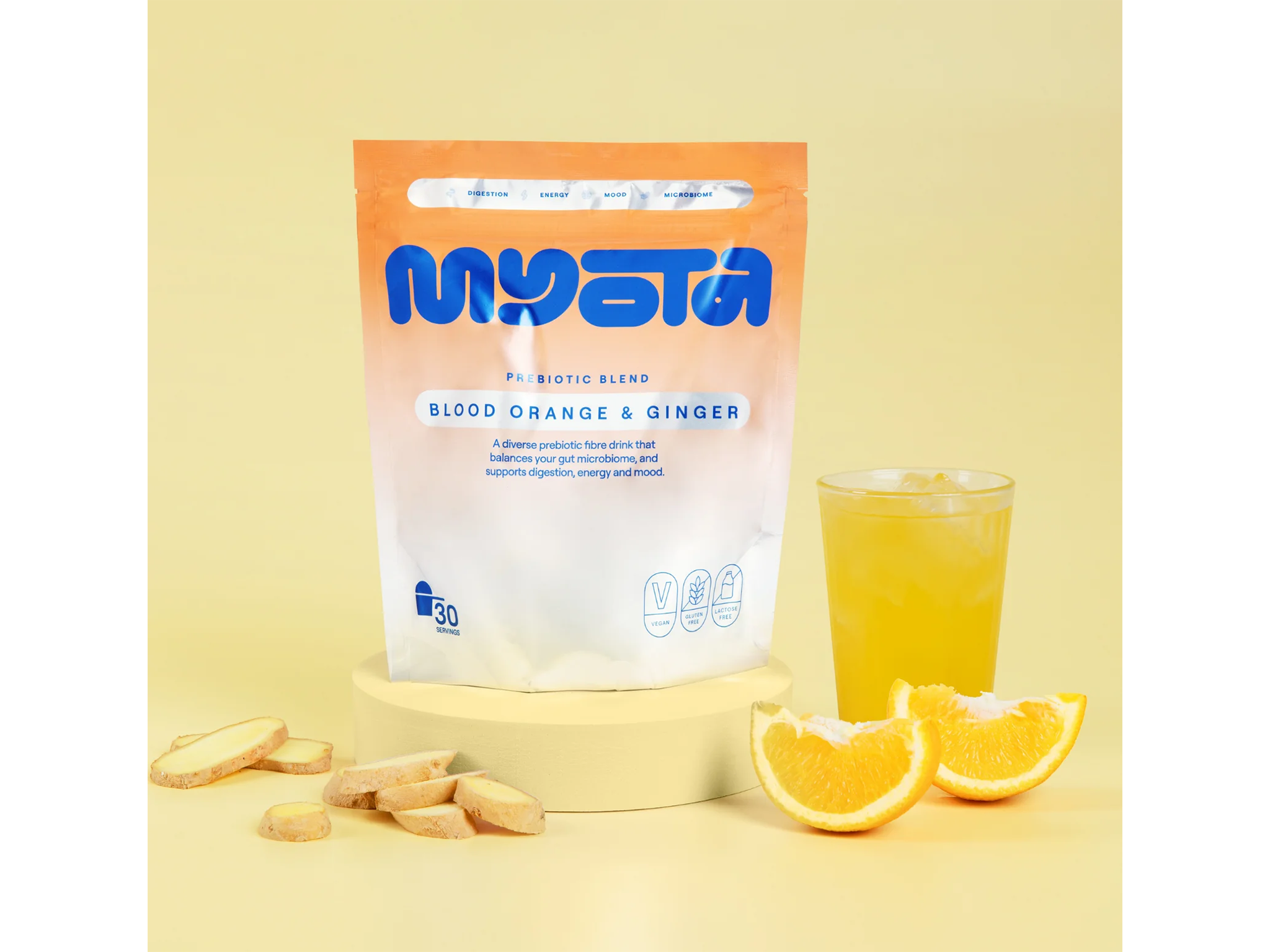
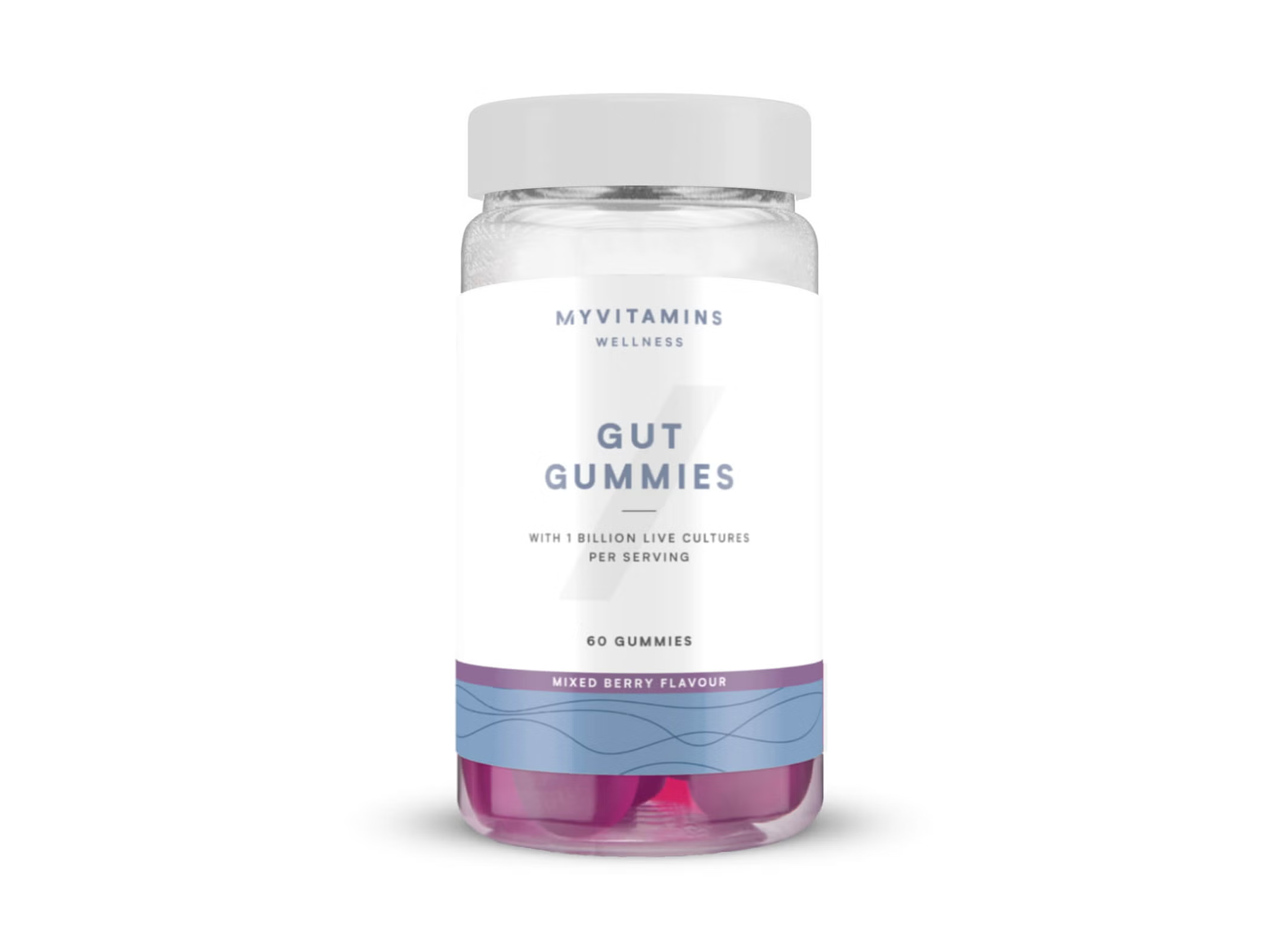
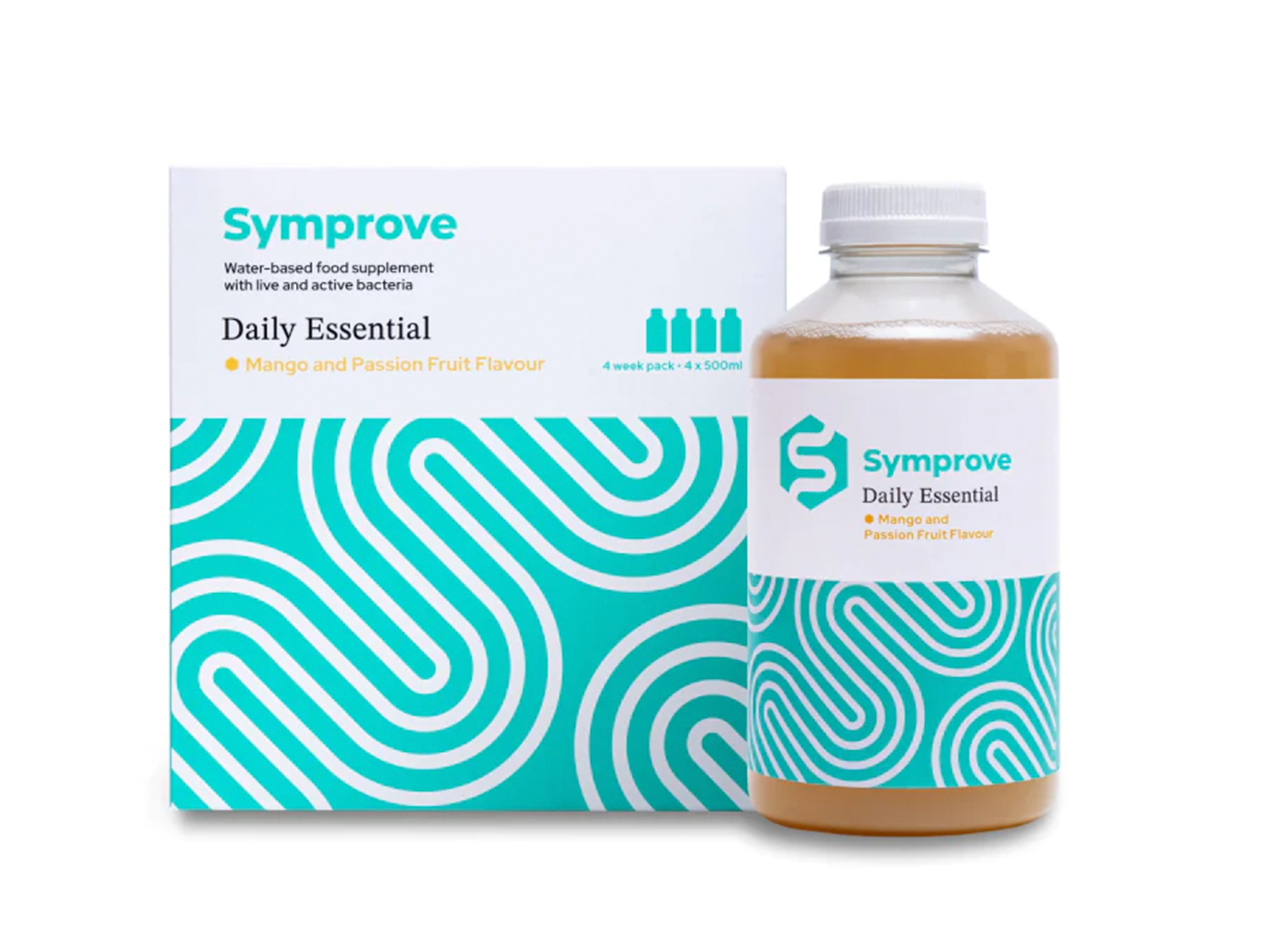
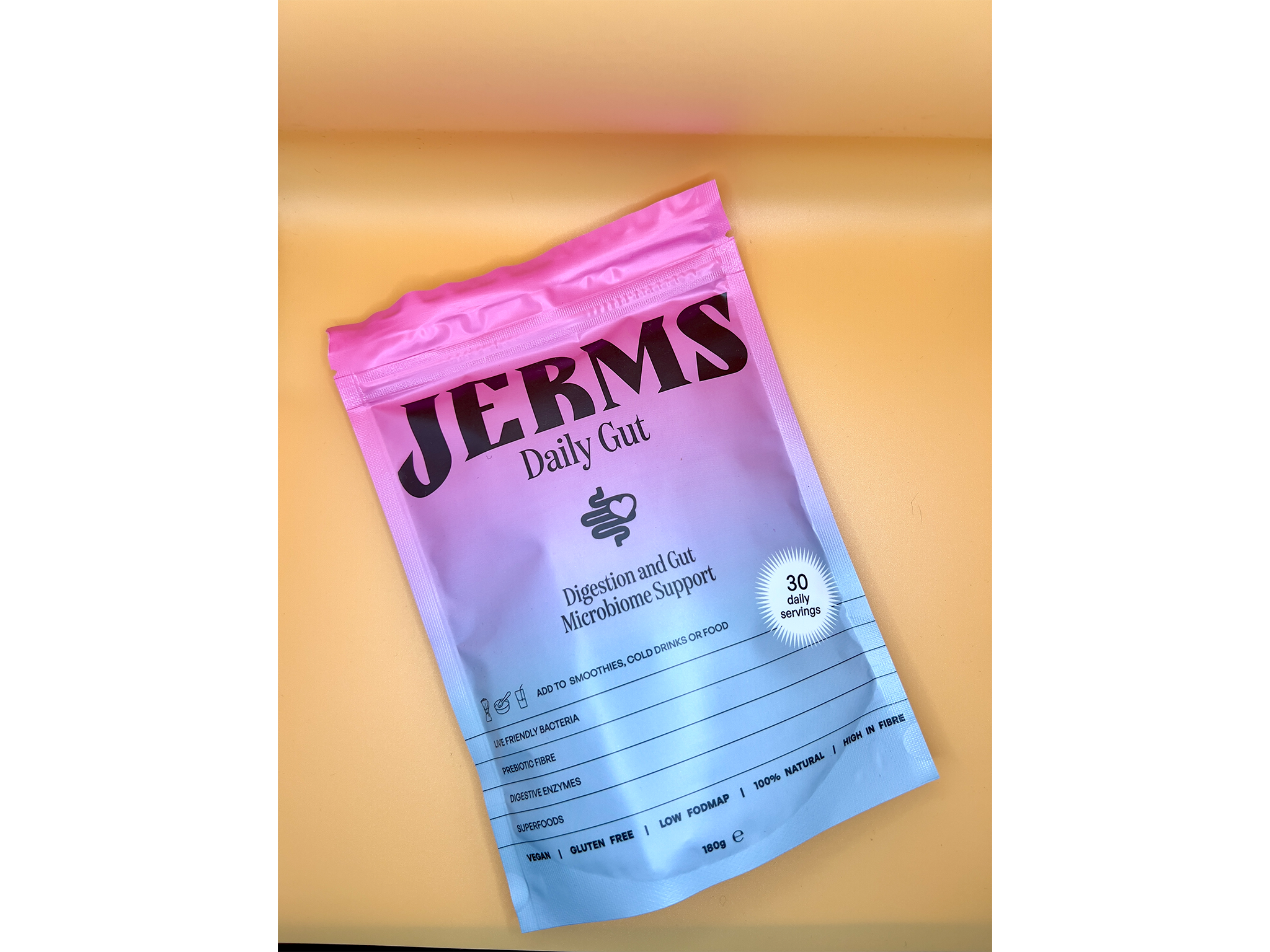
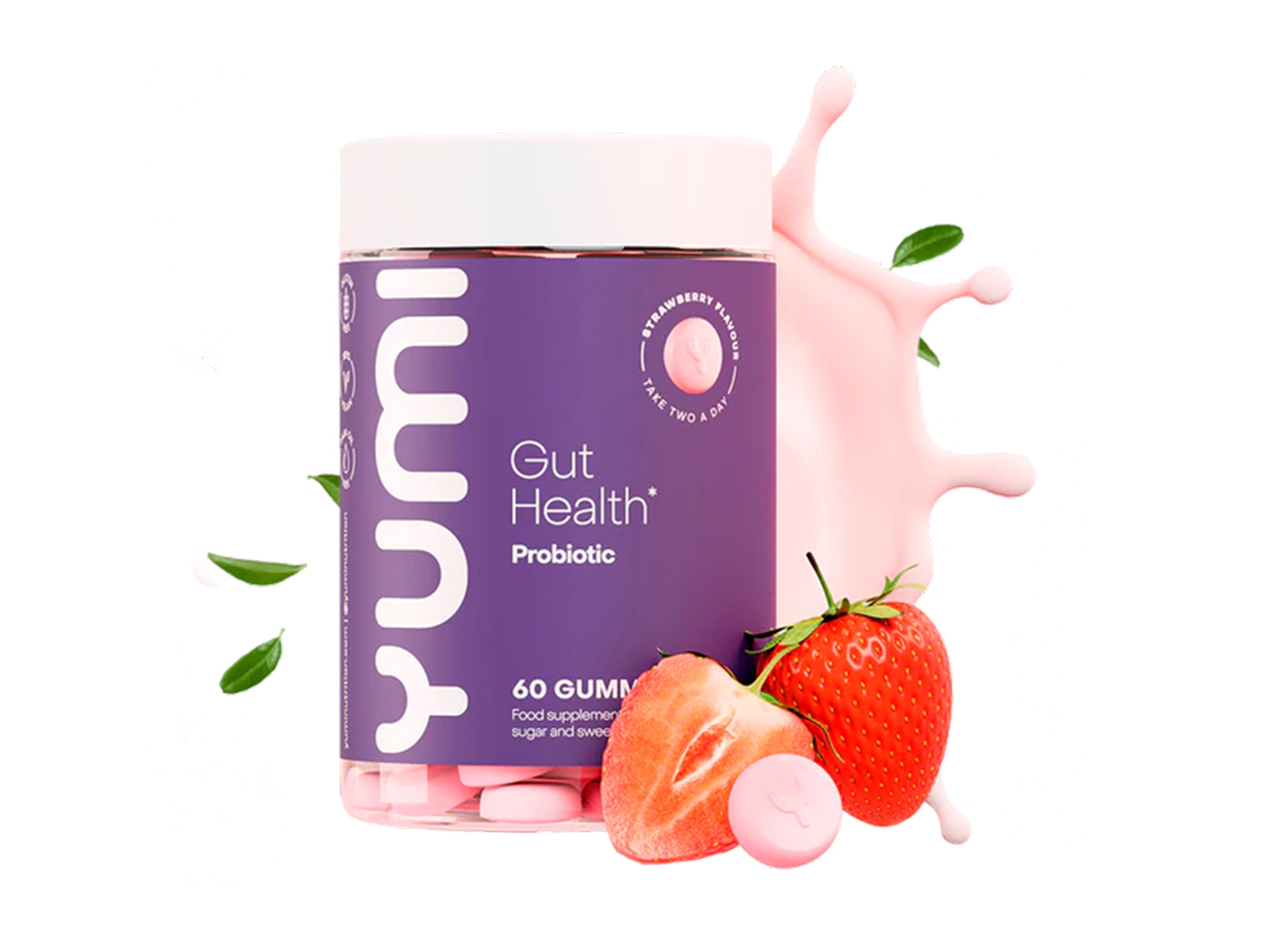
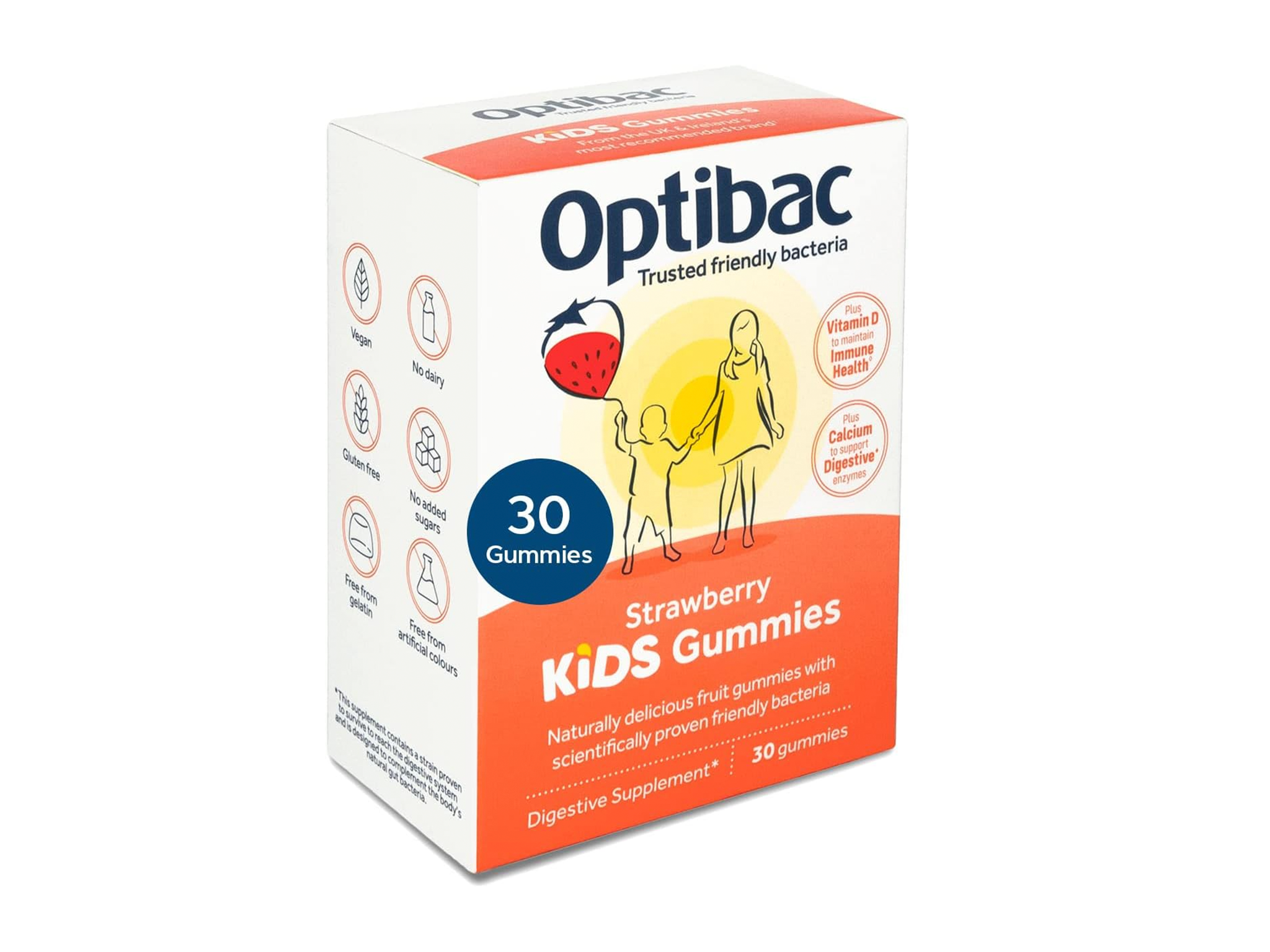

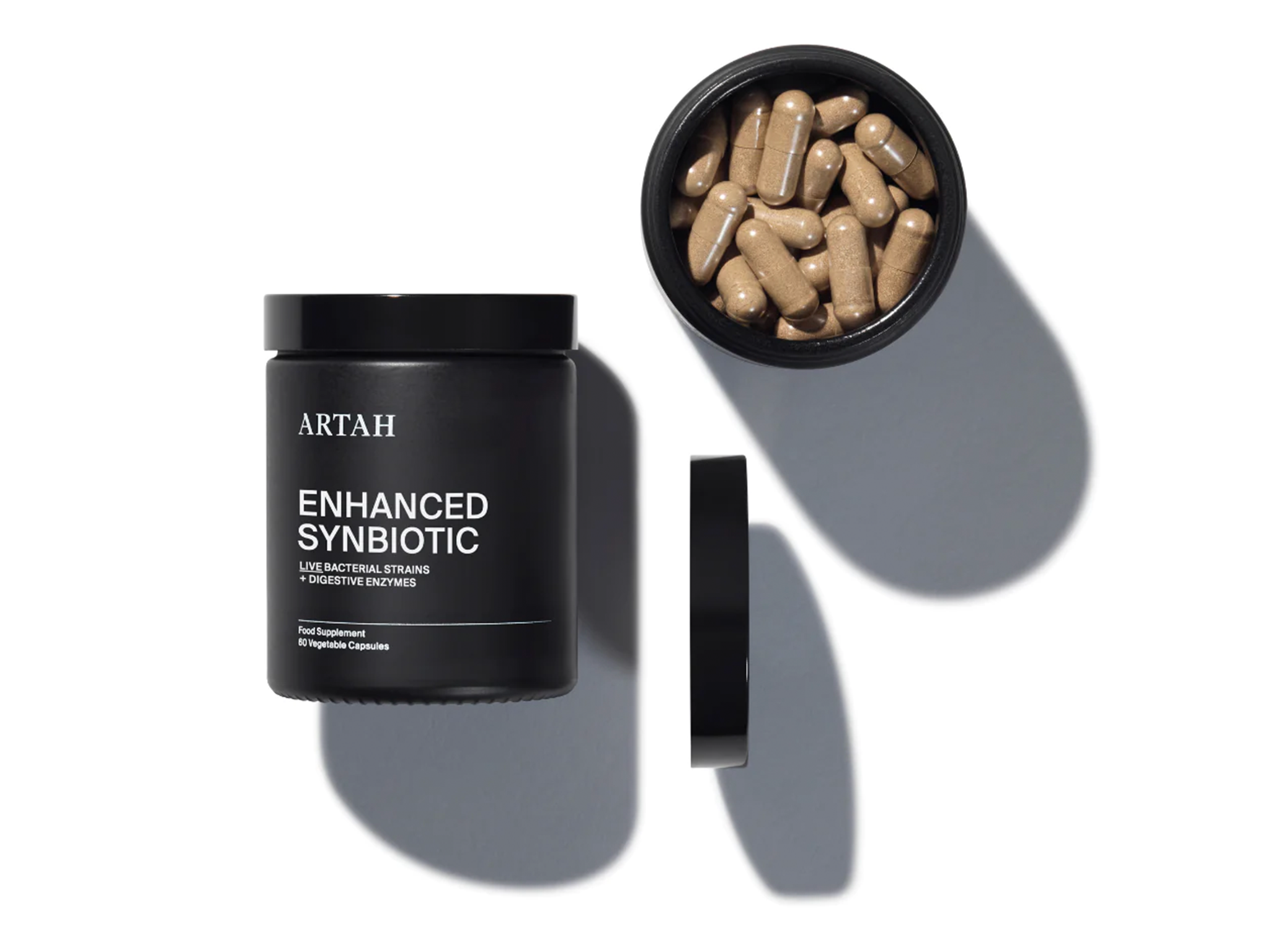
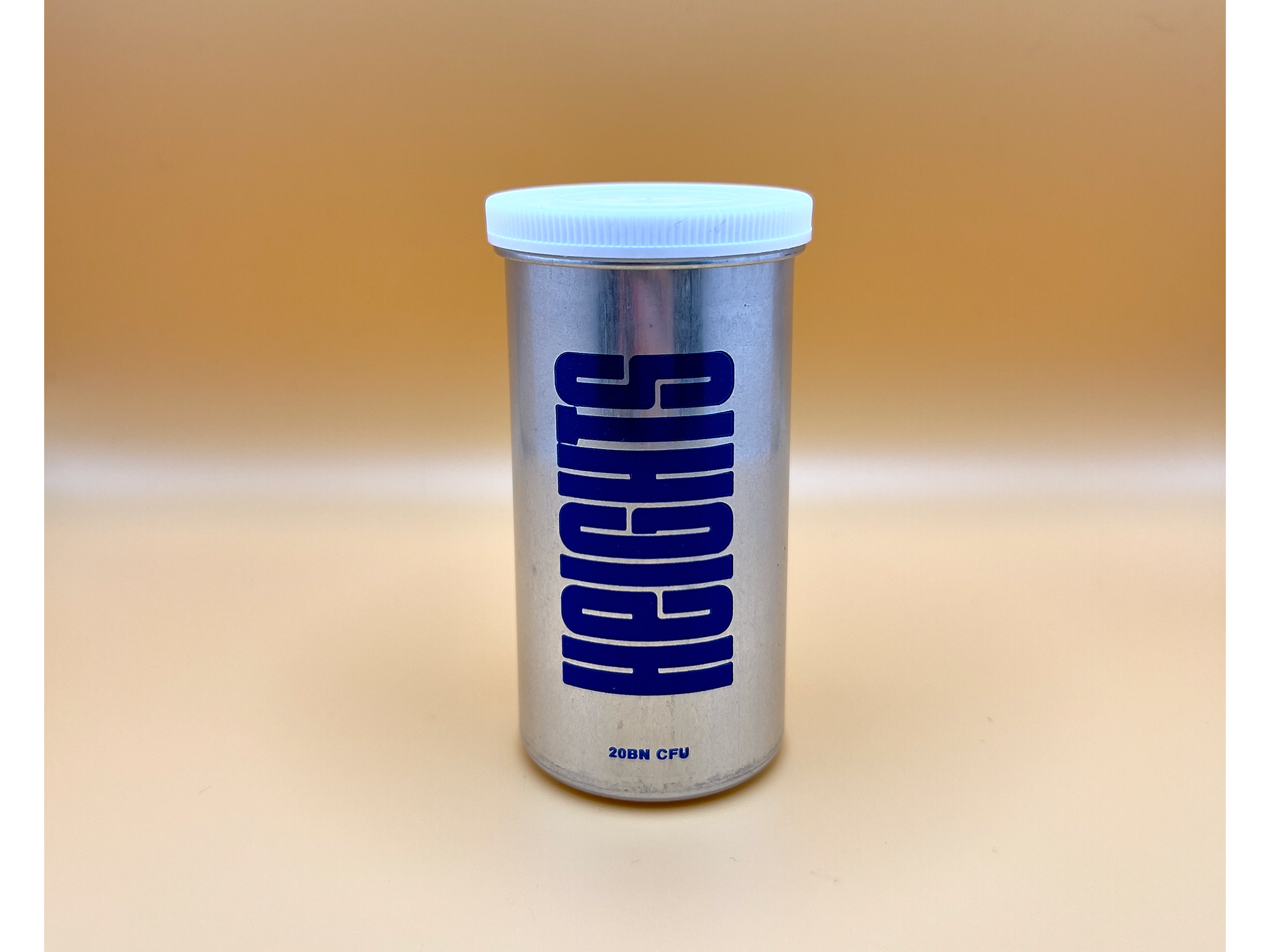
While your gut might not be able to solve Wordle puzzles and write love letters to your crush, there’s a reason why scientists refer to the gut as your second brain. The term gut feeling may only be a turn of phrase but it’s one based on a degree of fact.
There’s something that links the gastrointestinal tract and the brain. The gut-brain axis, as it’s called, is a two-way phone line between your gut and your brain, so any issues in your gut can affect the thing in your skull. Gut microbiota – the hundreds of species of bacteria living in our guts – have been shown to influence that connection, which can impact our physical and mental health.
In 2023, researchers from the Brigham and Women’s Hospital and the Harvard T.H. Chan School of Public Health found that people with suppressed emotions had a less diverse gut microbiome compared with other participants in the study, while certain species of bacteria were linked with experiencing more negative emotions.
In a separate study, researchers found that probiotic, prebiotic and symbiotic (those that combine both probiotics and prebiotics) supplements could help reduce the effects of some mental health problems such as anxiety and depression, as well as stress, sleep and even Alzheimer’s disease.
Probiotics have also been shown to influence the intestinal microbiota in positive ways, with different strains displaying different positive effects on the human body. “We’re at a stage now with probiotics where you can select specific probiotic products for specific purposes,” explains Sophie Medlin, a consultant dietitian and director at CityDietitians, who is one of the UK’s leading experts in gut health. “For example, there are strains that are great for constipation, strains that are great for bloating, but also strains that are good for your mental health, immunity and for reducing inflammation,” adds Medlin.
Medlin recommends speaking with a registered dietician if you’re looking to take gut health supplements to manage specific conditions. The potential benefit of probiotics is exciting, especially with consumer products now readily in stores. So without further ado, here’s our pick of the best probiotic and prebiotic supplements available right now.
How we tested the best probiotics
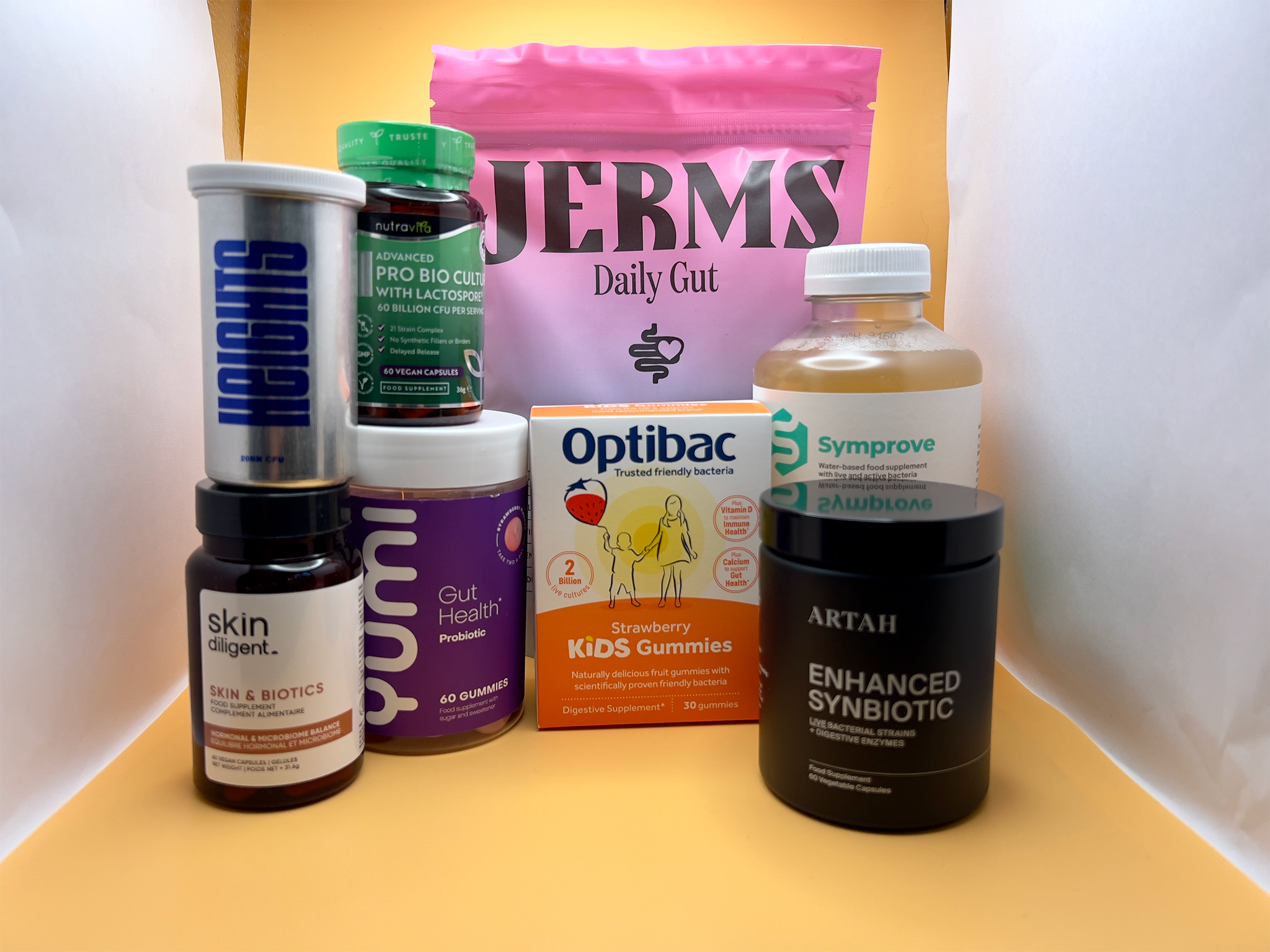
In the first instance, we consulted an expert (Sophie Medlin) to seek information and advice on what probiotics are, their role within the body and why they are beneficial to add to your diet. Beyond this, we searched for a range of gut health supplements for people at various stages of life, although, none of our testers had any pre-existing health problems they were looking to manage with probiotics or prebiotics. When trying the supplements, we paid attention to how they left us feeling and made note of any changes to our health and wellbeing.
We were especially looking to include probiotic supplements that featured a diverse variety of strains of bacteria, were easy to take and store, and were suited to various budgets.
The best probiotics for 2024 are:
- Best probiotic overall – Nutravita 60 billion CFU pro bio cultures complex: £18.04, Amazon.co.uk
- Best budget probiotic – Bio-Kult everyday gut, 60 capsules: £13.49, Amazon.co.uk
- Best probiotic for children – Optibac kids gummies, 30 gummies: £10.49, Amazon.co.uk
- Best liquid probiotic – Symprove daily essential: £39.99, Symprove.com
Nutravita 60 billion CFU pro bio cultures complex, 60 capsules

- Best: Probiotic supplement overall
- Supplement type: Capsules
- Number of days’ supply: 30
- Vegan: Yes
- CFU count: 60 billion
- Number of bacteria strains: 21
- Why we love it
- Excellent value for money
- Diverse strains and high potency
- Take note
- Plastic bottle
Bio-Kult everyday gut, 30 capsules

- Best: Budget probiotics
- Supplement type: Capsules
- Number of days’ supply: Up to 60
- Vegan: No
- CFU count: 2 billion
- Number of bacteria strains: 14
- Why we love it
- Can be taken with antibiotics
- Suitable for all the family
- Take note
- Not suitable for vegans
Vida Glow gut pro

- Best: Gut health supplement for women
- Supplement type : Capsules
- Number of days supply : 30
- Vegan: Yes
- CFU count: 6 billion
- Number of bacteria strains : Three
- Why we love it
- Designed specifically for women
- Contains medicinal herbs to promote digestion
- Take note
- Best taken 30 minutes before your first meal of the day
- Not suitable for pregnant or breastfeeding women or people with a corn allergy
myota prebiotic blend

- Best: Prebiotic powder
- Supplement type: Powder
- Number of days supply: 30
- Vegan: Yes
- CFU count: n/a
- Number of bacteria strains : n/a
- Why we love it
- Easy to take
- Delicious flavour
- Take note
- Start steady to allow your body to adjust to increase in fibre
Myvitamins gut gummies

- Best: Value-for-money probiotic gummies
- Supplement type : Gummies
- Number of days’ supply: 60
- Vegan: No
- CFU count: 1 billion
- Number of bacteria strains: One
- Why we love it
- Easy way to take supplements
- Yummy fruity flavour
- Take note
- Not suitable for vegetarians and vegans
- Contains sweeteners
Symprove daily essential, one month’s supply

- Best: Liquid probiotics
- Supplement type: Liquid
- Number of days’ supply: One month
- Vegan: Yes
- CFU count: 10 billion
- Number of bacteria strains: 4
- Why we love it
- Science-backed supplement
- Perfect for people who dislike swallowing capsules
- Take note
- The taste of the original takes some getting used to
- Costly but better value for money if bought on a subscription
Jerms daily gut, 30 daily servings

- Best: Powder probiotic
- Supplement type: Powder
- Number of days' supply: 30
- Vegan: Yes
- CFU count: 10 billion
- Number of bacteria strains: 1
- Why we love it
- Much more than a probiotic supplement
- 100 per cent natural ingredients
- Great for people who dislike swallowing capsules
- Low fodmap
- Take note
- Single-strain supplement
Yumi gut health probiotic, 60 gummies

- Best: Probiotic gummies
- Supplement type: Gummies
- Number of days' supply: 30
- Vegan: Yes
- CFU count: 1 billion
- Number of bacteria strains: 2
- Why we love it
- Tasty
- Super convenient and enjoyable to take
- Good value for money
- Contains calcium
- Take note
- May take a few days for gut to adjust
Optibac kids gummies, 30 gummies

- Best: Probiotics for children
- Supplement type: Gummies
- Number of days' supply: 30
- Vegan: Yes
- CFU count: 2 billion
- Number of bacteria strains: 1
- Why we love it
- Delicious gummies perfect for little ones
- Features bacteria strain studied in children
- Contains prebiotics, calcium and vitamin D
- No added sugars
- Plastic-free packaging
- Take note
- Not suitable for under-threes
Skin Diligent skin and biotics, 60 capsules

- Best: Probiotic for clearing skin
- Supplement type: Capsules
- Number of days' supply: 30
- Vegan: Yes
- CFU count: 8 billion
- Number of bacteria strains: 4
- Why we love it
- Eco-friendly packaging
- Said to balance hormones and support skin health
- Packed with other vitamins and minerals
Artah enhanced synbiotic, 60 capsules

- Best: For use with antibiotics
- Supplement type: Capsules
- Number of days' supply: 30-60
- Vegan: Yes
- CFU count: 8 billion if taking one a day
- Number of bacteria strains: 11
- Why we love it
- Combines prebiotics, probiotics and digestive enzymes
- Can be taken with antibiotics to replenish gut bacteria
- Refillable to reduce carbon footprint
- Take note
- Only suitable for over-16s
Heights biotic + , 30 capsules

- Best: Vegan probiotics
- Supplement type: Capsules
- Number of days' supply: 30
- Vegan: Yes
- CFU count: 20 billion
- Number of bacteria strains: 7
- Why we love it
- Clinically studied bacteria strains
- Proven to allow bacteria to reach gut alive
- Contains zinc
- Take note
- Costly but better value for money with a subscription
The Nue Co prebiotic and probiotic supplement, 60 capsules

- Best: Synbiotic
- Supplement type: Capsules
- Number of days' supply: 30
- Vegan: Yes
- CFU count: 100 billion
- Number of bacteria strains: 1
- Why we love it
- Combines both probiotics with prebiotics
- Refillable to reduce carbon footprint
- Take note
- Pricey but better value with a subscription
Simone Thomas Wellness everyday wellness, 60 capsules

- Best: Probiotic for pregnancy
- Supplement type: Capsules
- Number of days' supply: 30
- Vegan: Yes
- CFU count: 20 billion
- Number of bacteria strains: 6
- Why we love it
- Suitable for use during pregnancy and for people with IBS/IBD
- Recyclable packaging
- Take note
- Costly but better value for money with a subscription
Solgar ultibio immune vegetable capsules, 30 capsules

- Best: Gut supplement for winter
- Supplement type: Capsules
- Number of days' supply: 30
- Vegan: Yes
- CFU count: 1 billion
- Number of bacteria strains: 2
- Why we love it
- Provides vitamins A, D and B12 as well as probiotics
Probiotic FAQs
What to look for in a probiotic supplement
Experts recommend choosing probiotic products with at least 1 billion colony-forming units (CFU) per daily dose. Research has shown some strains to be more effective than others for treating certain conditions, so it’s best to choose a probiotic that will achieve the specific effects you want, to ensure the product you choose is suitable for your particular needs. It’s best to talk to a healthcare professional to get some advice about specific conditions.
What is the most effective probiotic?
Look for probiotic products that contain strains of Bifidobacterium, Lactobacillus and Saccharomyces – all of which have been found to provide health benefits, from helping your gut to treating diarrhoea.
What is the best time to take probiotics?
While you can take your probiotic whenever you like, the advice suggests it should be taken on an empty stomach so the “good” or “friendly” bacteria can make their way to the gut as fast as possible, and at least 30 minutes before food. With this in mind, it’s probably best to take your supplement first thing in the morning, half an hour before breakfast. It is important to stay consistent with the time at which you take your supplement, so you can really see the benefits.
What are the benefits of prebiotic and probiotic supplements for your gut health?
Research has shown that prebiotics may be able to improve digestion and metabolism, as well as helping to regulate bowel movements. Additional benefits can also include improving calcium absorption and an increase in bone density. According to the NHS website, probiotics are thought to help restore the natural balance of bacteria in your gut (including your stomach and intestines).
How long do probiotics take to have a positive effect?
The speed at which you notice improvements when using probiotics depends on a range of factors, such as the age of the user, how often you take it and, of course, the product itself. Most people, however, are likely to notice positive effects on their digestion in one to two weeks.
Can probiotic supplements help with weight loss?
It’s important to note the purpose of probiotics is not to aid weight loss, and therefore should not be taken with that intent in mind. That being said, it's been shown that certain probiotics such as Lactobacillus strains may help people lose weight or body fat.
Which foods contain prebiotics?
There are many prebiotic foods that can help improve your overall body health as well as your gut microbiome. Examples of these foods include mushrooms, garlic, onions, cocoa powder, oats, flaxseeds, green veg such as asparagus and leeks, apples, nuts such as cashews and almonds, as well as many roots.
What is the difference between prebiotics and probiotics?
Probiotics are foods or supplements that contain live microorganisms that help to maintain or improve the “good” bacteria – otherwise known as normal microflora – in the body. Prebiotics, however, are typically high-fibre foods that act as food for microflora. A simple explanation is that probiotics are beneficial bacteria, and prebiotics are food for these bacteria.
The verdict: Probiotics
We love the Nutravita 60 billion CFU pro bio cultures complex because we think it gives us the best bang for our buck, which is why it’s our best buy. With such a diverse range of bacteria strains and a potent 60 billion CFU per daily dose, it holds its own even among the big guns with a much higher price tag, especially in terms of rapid positive results. For those looking for a high-quality synbiotic, we would recommend The Nue Co’s prebiotic + probiotic supplement, but maybe consider a subscription to make it more affordable.
Meet the expert
First working in hospitals where she specialised in gastrointestinal diseases, before lecturing at King’s College London, Sophie Medlin is a dietitian and the chair of the British Dietetic Association for London. She specialises in managing conditions such as colorectal dysfunction, diverticular disease, IBS and polycystic ovarian syndrome and consults on product development for vitamins and probiotics.
Want to make mealtimes more nutritious? Read our round-up of the best healthy cookbooks
Voucher Codes







